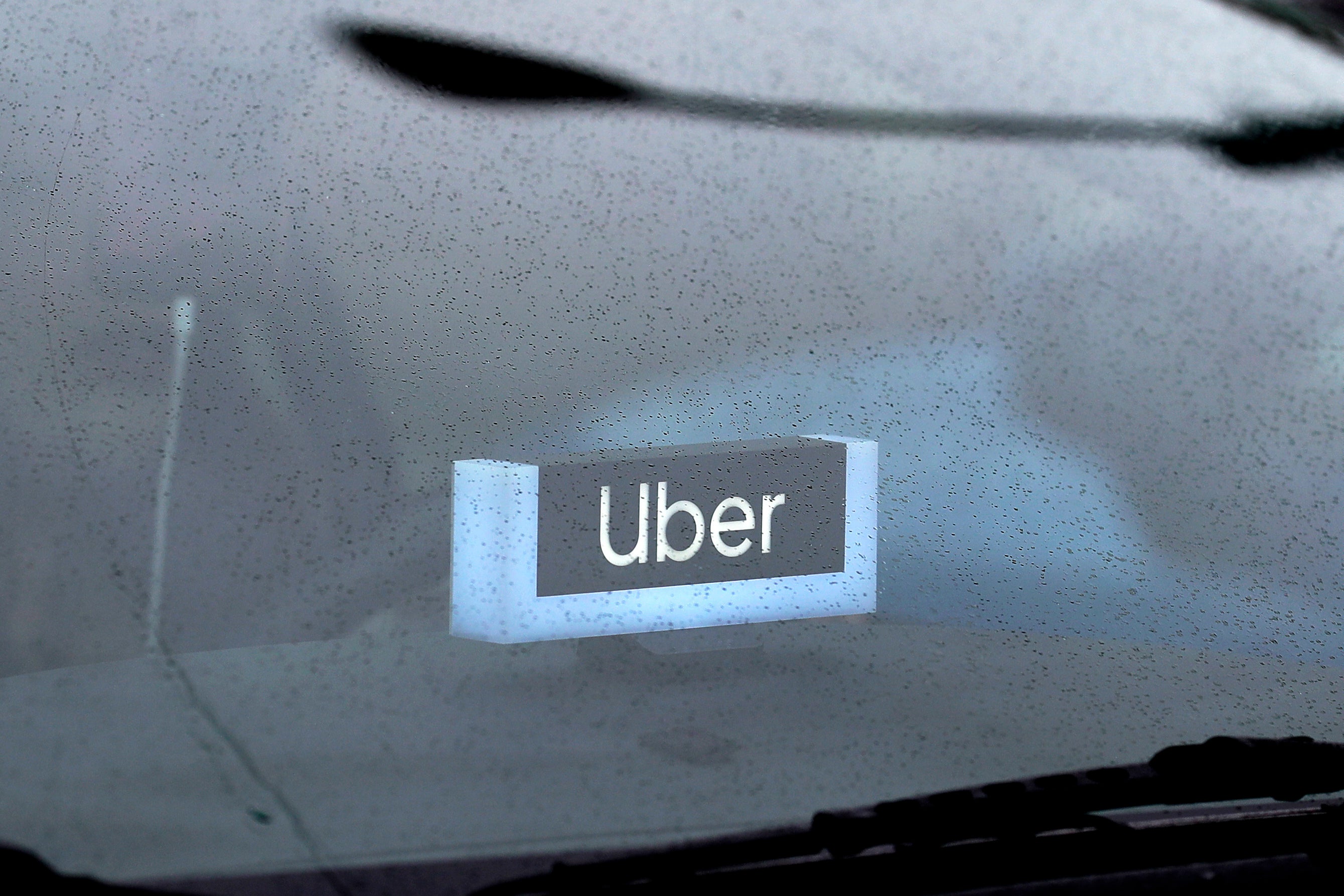New labor rules aim to offer gig workers more security, though some employers won't likely be happy
The Biden administration has enacted a new labor rule that aims to prevent the misclassification of workers as independent contractors

Your support helps us to tell the story
From reproductive rights to climate change to Big Tech, The Independent is on the ground when the story is developing. Whether it's investigating the financials of Elon Musk's pro-Trump PAC or producing our latest documentary, 'The A Word', which shines a light on the American women fighting for reproductive rights, we know how important it is to parse out the facts from the messaging.
At such a critical moment in US history, we need reporters on the ground. Your donation allows us to keep sending journalists to speak to both sides of the story.
The Independent is trusted by Americans across the entire political spectrum. And unlike many other quality news outlets, we choose not to lock Americans out of our reporting and analysis with paywalls. We believe quality journalism should be available to everyone, paid for by those who can afford it.
Your support makes all the difference.The Biden administration on Tuesday enacted a new labor rule that aims to prevent the misclassification of workers as “independent contractors,” a step that could bolster both legal protections and compensation for many in the U.S. workforce.
The Labor Department rule, which the administration proposed 15 months ago, replaces a scrapped Trump-era standard that lowered the bar for classifying employees as contractors. Such workers neither receive federal minimum wage protections nor qualify for employee benefits, such as health coverage and paid sick days.
The changes have long been viewed as especially bad news for companies like Uber and DoorDash — pioneers of the so-called gig economy, in which companies essentially rely on armies of freelance drivers, delivery people and others to provide services without traditional labor protections. Some gig workers say they prefer things this way, extolling the freedom to set their own hours and schedules. But others complain of exploitation by the companies.
Financial markets appeared to shrug off leaked news of the agreement on Monday. Shares of Uber and Lyft, which dropped 10% and 12% respectively when the administration unveiled the proposed rules in October 2022, rose 2.5% and 5.8% on Monday.
One significant change in the new rules, which take effect March 11, involves the way the Labor Department — and federal judges — decide whether workers have been properly classified as independent contractors. In particular, employers will be required to consider whether the jobs performed by such workers are an integral part of the employer's business.
That could affect app-based companies that rely almost entirely on freelance workers to provide their services. In such cases, that provision could tip the scales toward classifying such people as regular employees rather than contractors.
The new rule directs employers to consider six criteria for determining whether a worker is an employee or a contractor, without predetermining whether one outweighs the other. The criteria also include the degree of control by the employer, whether the work requires special skills, the degree of permanence of the relationship between worker and employer, and the investment a worker makes, such as car payments.
The rule, however, does not carry the same weight as laws passed by Congress or state legislatures, nor does it specify whether any specific company or industry should reclassify their workers. It basically just offers an interpretation of who should qualify for protections under the 1938 Fair Labor Standards Act.